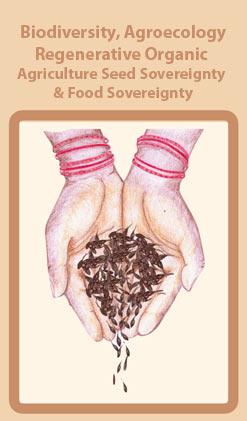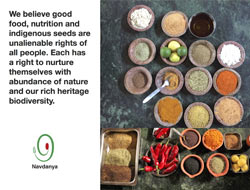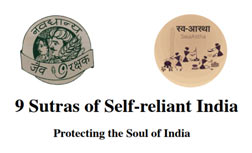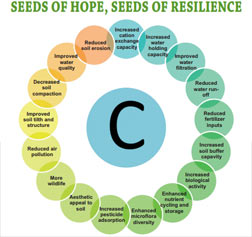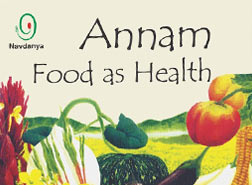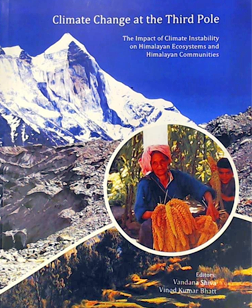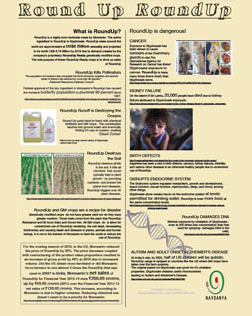The biotechnology giant Monsanto is one step closer to losing billions of dollars in revenues from its genetically-modified (GM) Roundup Ready soya beans, following a ruling this week by the Brazilian Supreme Court of Justice.
The decision marks the latest chapter of an epic legal battle, in which millions of Brazilian farmers are trying to recover payments made to the company over the past decade. It could also have important implications for research in the country, some scientists say.
Brazil is the second-largest producer of genetically-modified (GM) crops, after the United States. Last year, it farmed 30.3 million hectares of the crops, mostly soya beans,Apply but also corn and cotton. It legalized the growing of GM crops in 2005, after it became clear that about three-quarters of the soya crops produced in the southern state of Rio Grande do Sul were already being grown from Roundup Ready seeds that had been smuggled in from Argentina. Because the crop is resistant to the herbicide glyphosate, marketed as Roundup, farmers can spray they fields with the chemical to control weeds without risking damage to their crops.


